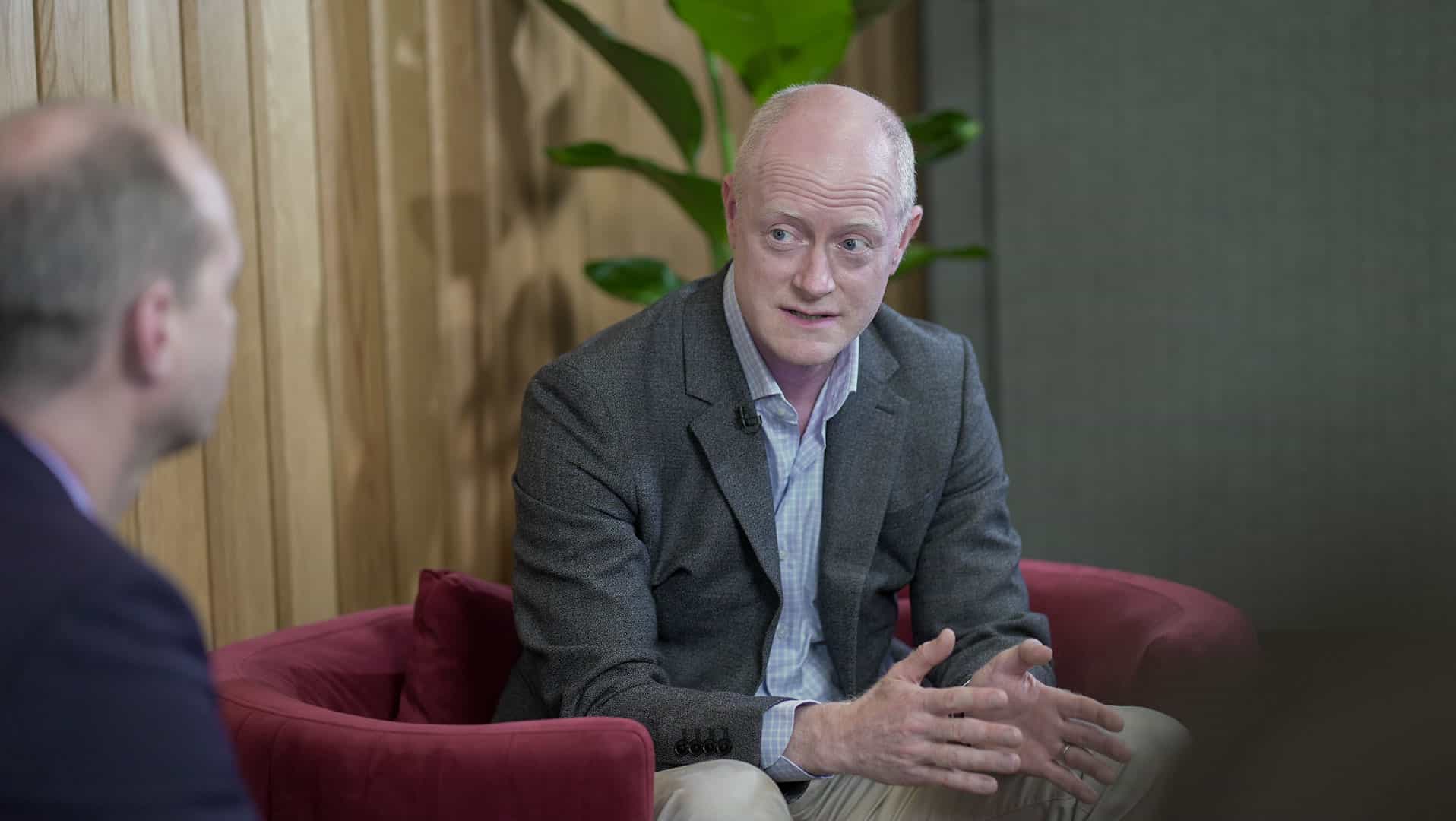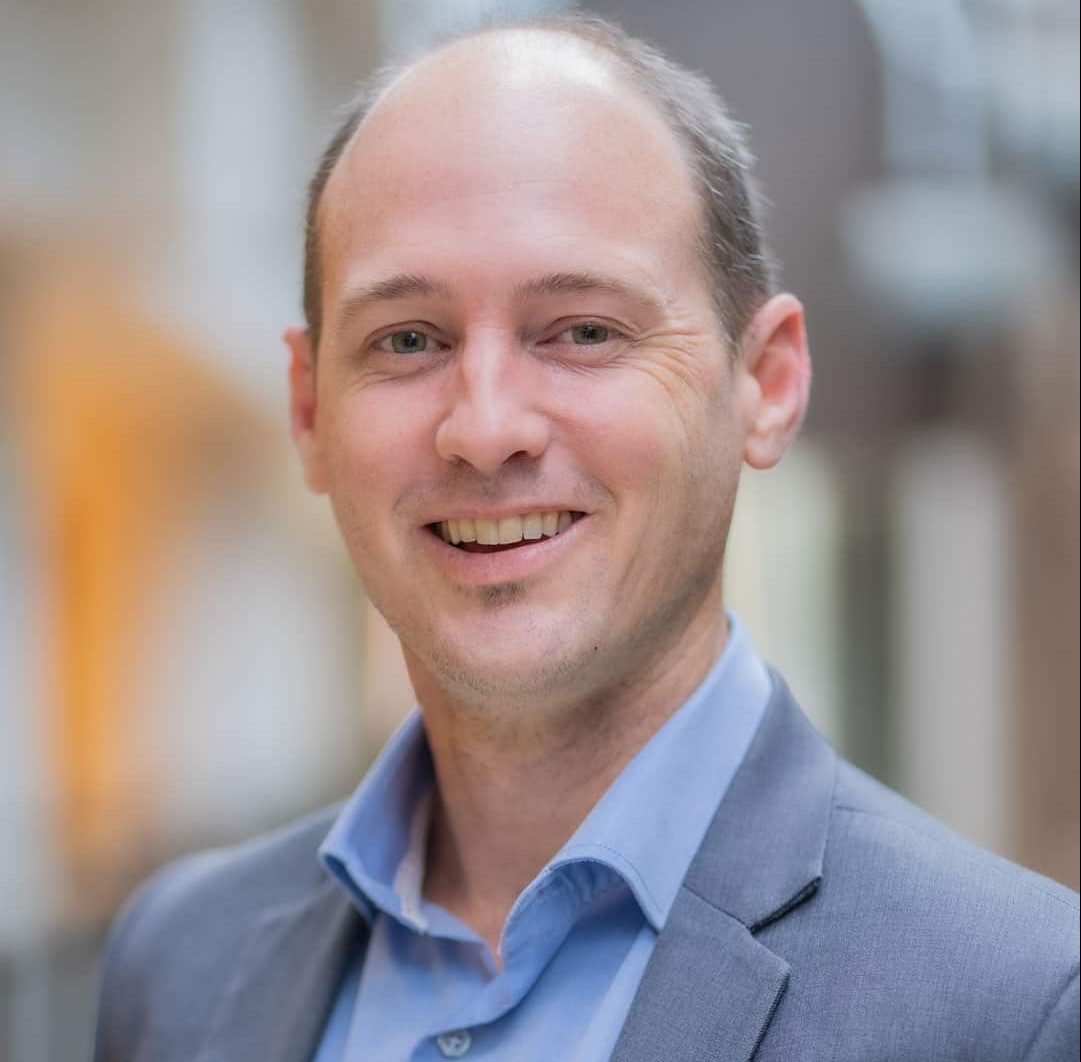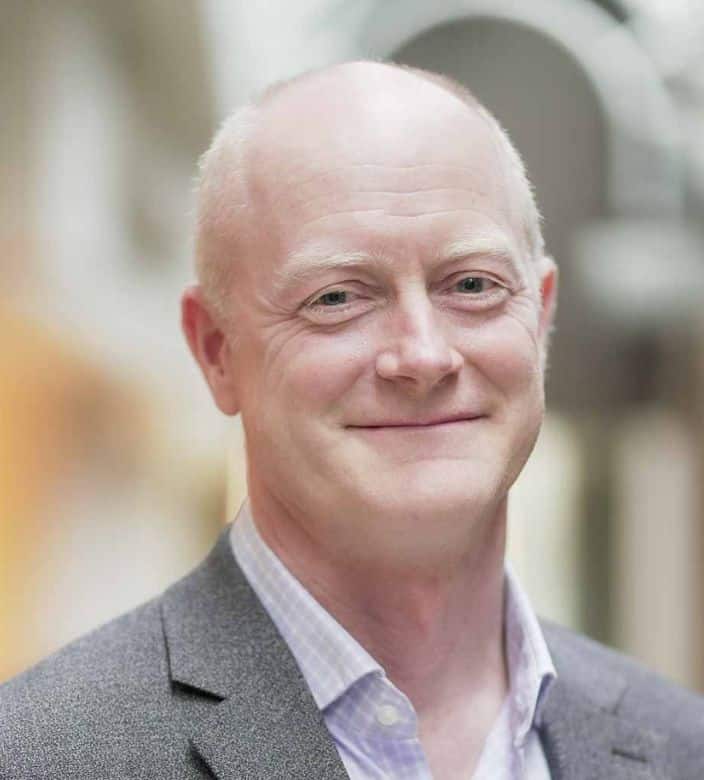The pace of development in digital infrastructure is very fast. Infrastructure design and construction must be carefully planned and considered to be more sustainable.
The balance between running businesses that are enduring, profitable, serve all stakeholders – including customers and employees – while remaining sustainable, and running the business in a way that is expected, is a key emphasis for leaders.
In this interview, Global Client Director, Data Centres & Telco at Aurecon, Simon McFadden discusses the impact of data collection and sustainability. In addition to more data moving to the cloud, there is tension between the impact on carbon intensity and the large amount of data being generated. Each time a piece of data is collected, it has to be stored and replicated, there is an incurred debt.
Decisions need to be made about what happens if the information changes before collecting it. It is about being selective about the data collected and being decisive.
The cost of data is not free. In addition to the dollar amount, there is also a time cost, which ultimately translates to a monetary cost.
Key Takeaways:
- Data-based decisions have a time and dollar cost associated with them, so we should be aware of that when we make them.
- The biggest challenge is the pace – more and more data are generated and infrastructure is needed to support it and also keep it redundant. Due to its 24/7 availability, it requires a lot of time and focus. As far as cloud providers and colocation providers are concerned, there is a lot of competition for capacity.
- Instead of prioritising your schedule, you should schedule your priorities. With that finite amount of time, knowing the targets to become carbon neutral first and carbon free thereafter can help us to determine how to spend it.



























